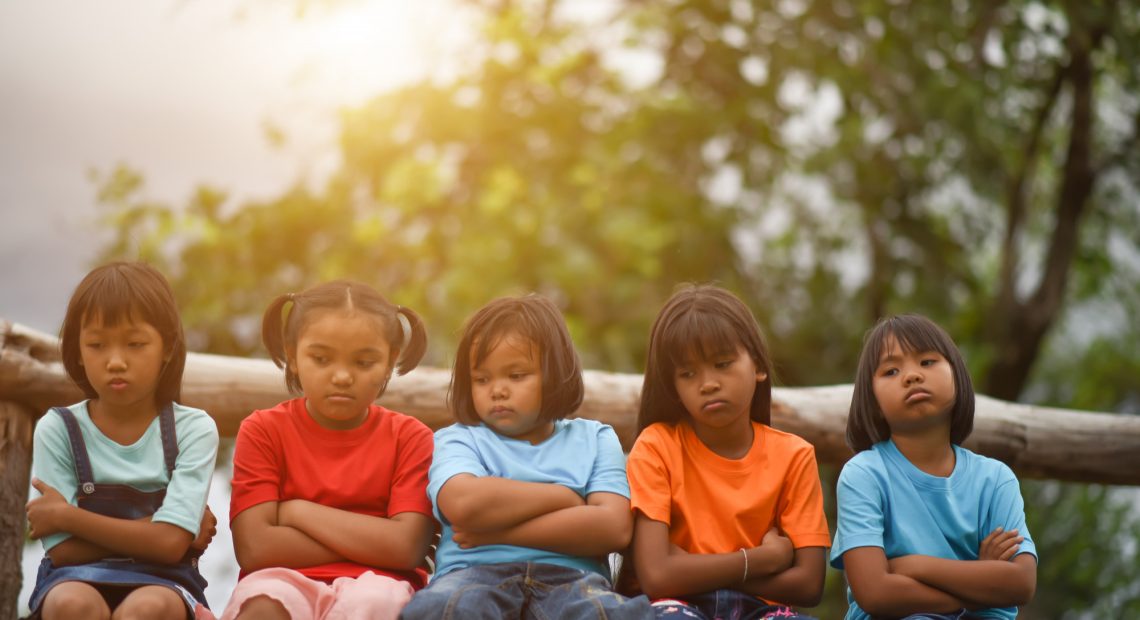
UNICEF Warns of Dire Threats to Children’s Wellbeing by 2050
A UNICEF report has cautioned that children’s wellbeing across the globe will face significant challenges by 2050, driven by escalating climate change, rising inequalities, and persistent conflicts.
The report underscores the need for urgent, coordinated global action to safeguard the future of children.
Climate Change a Key Concern
The report highlights that climate change will disproportionately affect children, exposing millions to extreme weather events, food insecurity, and health crises. Rising temperatures, more frequent natural disasters, and reduced access to clean water will exacerbate vulnerabilities in developing regions.
“Children are among the most vulnerable to the impacts of climate change, and the consequences are already visible,” said a UNICEF spokesperson, stressing the urgent need for climate-resilient policies and sustainable practices.
Inequality and Conflict Compound Risks
In addition to climate challenges, growing inequalities in access to healthcare, education, and basic resources are predicted to worsen by mid-century. Ongoing conflicts, particularly in fragile states, will further destabilize children’s lives, leaving millions displaced, malnourished, or without access to education.
Call for Global Action
UNICEF’s report calls on governments, international organizations, and civil societies to invest in sustainable development, ensure equitable resource distribution, and strengthen protections for children in conflict zones. The agency emphasizes that without immediate intervention, the compounded crises could undo decades of progress in child welfare.
The report serves as a wake-up call, urging policymakers and global leaders to prioritize children’s wellbeing in all aspects of development planning. “The future of our planet and humanity depends on the steps we take today to protect our children,” the report concludes.


















